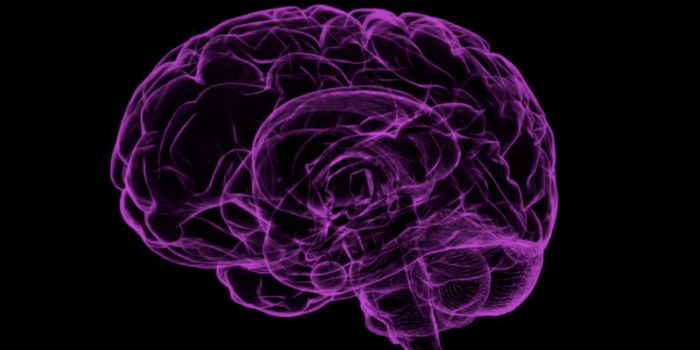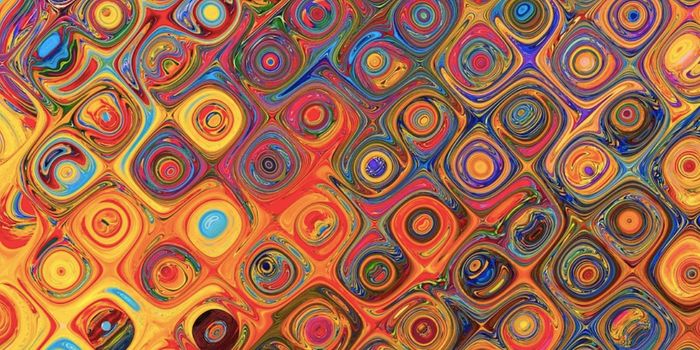Twisting protein fibers that form a cell's internal scaffolding called its cytoskeleton enable the cell to distinguish right from left, according to a study published in the April issue of Nature Cell Biology and reported by Tina Hesman Saey in Science News. The counterclockwise fibers, composed of actin, have such functions as helping cells to migrate from one part of a developing embryo to another, the article explained (https://www.sciencenews.org/article/twisty-chains-proteins-keep-cells-oriented).

According to cell biologist Alexander Bershadsky and his colleagues, there is evidence that the cytoskeleton enables cells to distinguish right from left. Bershadsky is with the Mechanobiology Institute, National University of Singapore, and the Weizmann Institute of Science, Israel. He and his colleague, Yee Han Tee, videotaped actin fibers organizing inside of human foreskin cells that were placed under a microscope. They found that actin's natural asymmetry "leads fibers extending from the cell's edge to twist counterclockwise." Bershadsky explained that this orientation has an impact on navigation, mobility and other functions of the cell, "as if the direction of a screw's threads could determine how a whole machine works."
Bershadsky, who studies how cells move and how physical forces enable cells to attach themselves to the substrate and to one another, explained that actin is "the most abundant cellular protein in mammalian cells." Actin assembles into filaments. Along with hundreds of accessory proteins, including molecular motors of the myosin family, these filaments create various superstructures that together make up the actin cytoskeleton. The actin cytoskeleton has the functions of maintaining cell shape, generating cell motility, establishing cell adhesion to other cells and extracellular substrates and providing cell mechanosensitivity (http://labs.mbi.nus.edu.sg/abcd/index.html).
According to the Mechanobiology Institute at National University of Singapore, Bershadsky's studies were "among the first in which the phenomenon of adhesion-dependent mechanosensitivity was discovered and demonstrated." In these studies, Bershadsky and his colleagues demonstrated that focal adhesions function as extremely small mechanosensors, because the assembly of such adhesions depends on the use of external or cell-generated pulling forces. Bershadsky's current studies are attempting to clarify the mechanisms involved in the adhesion dependent mechanosensitivity. Some of his other studies involve the functions of microtubules in the regulation of cell motility and adhesion. His area of interest includes formins as potent regulators of actin assembly and actin-microtubule crosstalk (http://mbi.nus.edu.sg/alexander-bershadsky/).
"Actin self-organization in the cell is coordinated by diverse signaling molecules," Bershadsky concluded. "The main direction of our recent research focuses on understanding actin cytoskeleton- and adhesion-dependent mechanisms of cell mechanosensitivity and the establishment of left-right cell asymmetry."









